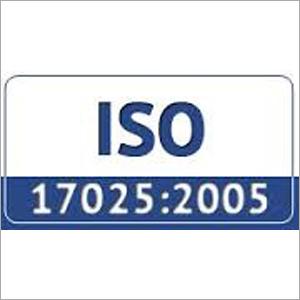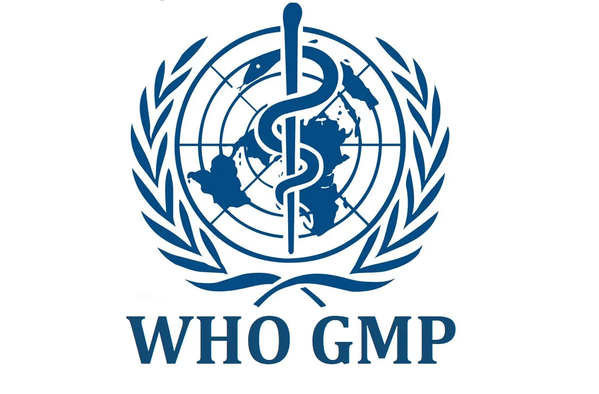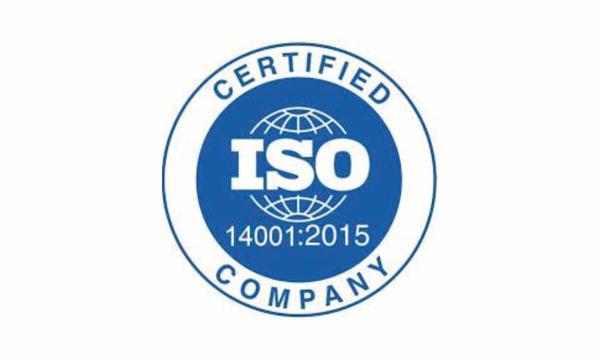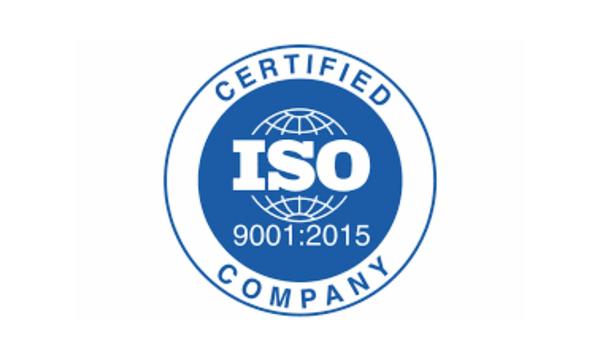Testing & Calibration Laboratories Quality Management System Consultancy ISO/IEC 17025:2005 specifies the general requirements for the competence to carry out tests and/or calibrations, including sampling. It covers testing and calibration performed using standard methods, non-standard methods, and laboratory-developed methods. It is applicable to all organizations performing tests and/or calibrations. These include, for example, first-, second- and third-party laboratories, and laboratories where testing and/or calibration forms part of inspection and product certification. ISO/IEC 17025 : 2005 is applicable to all laboratories regardless of the number of personnel or the extent of the scope of testing and/or calibration activities. When a laboratory does not undertake one or more of the activities covered by ISO/IEC 17025 : 2005, such as sampling and the design/development of new methods, the requirements of those clauses do not apply. ISO/IEC 17025 : 2005 is for use by laboratories in developing their management system for quality, administrative and technical operations. Laboratory customers, regulatory authorities and accreditation bodies may also use it in confirming or recognizing the competence of laboratories. ISO/IEC 17025 : 2005 is not intended to be used as the basis for certification of laboratories. Compliance with regulatory and safety requirements on the operation of laboratories is not covered by ISO/IEC 17025 : 2005.




